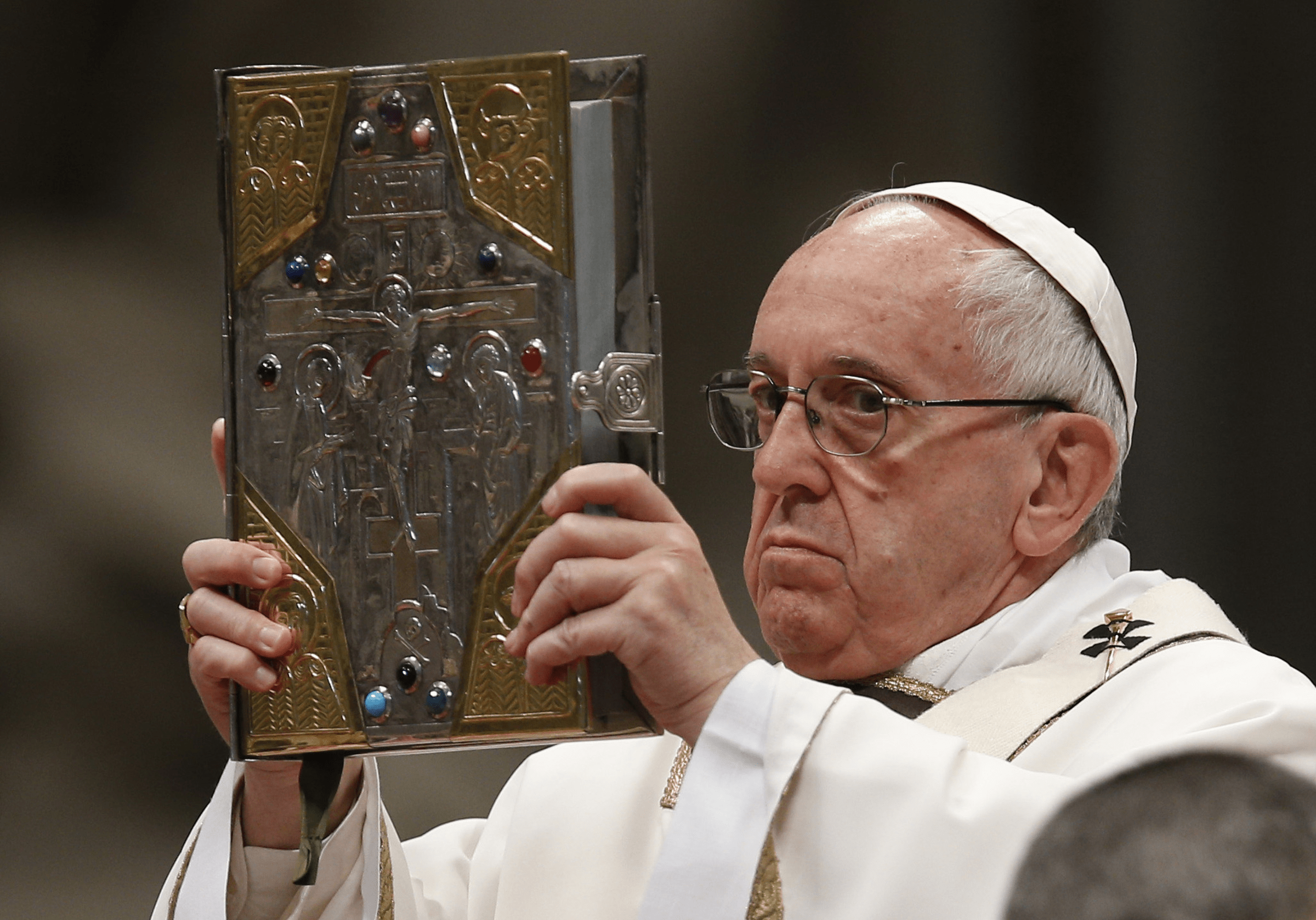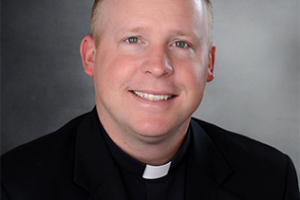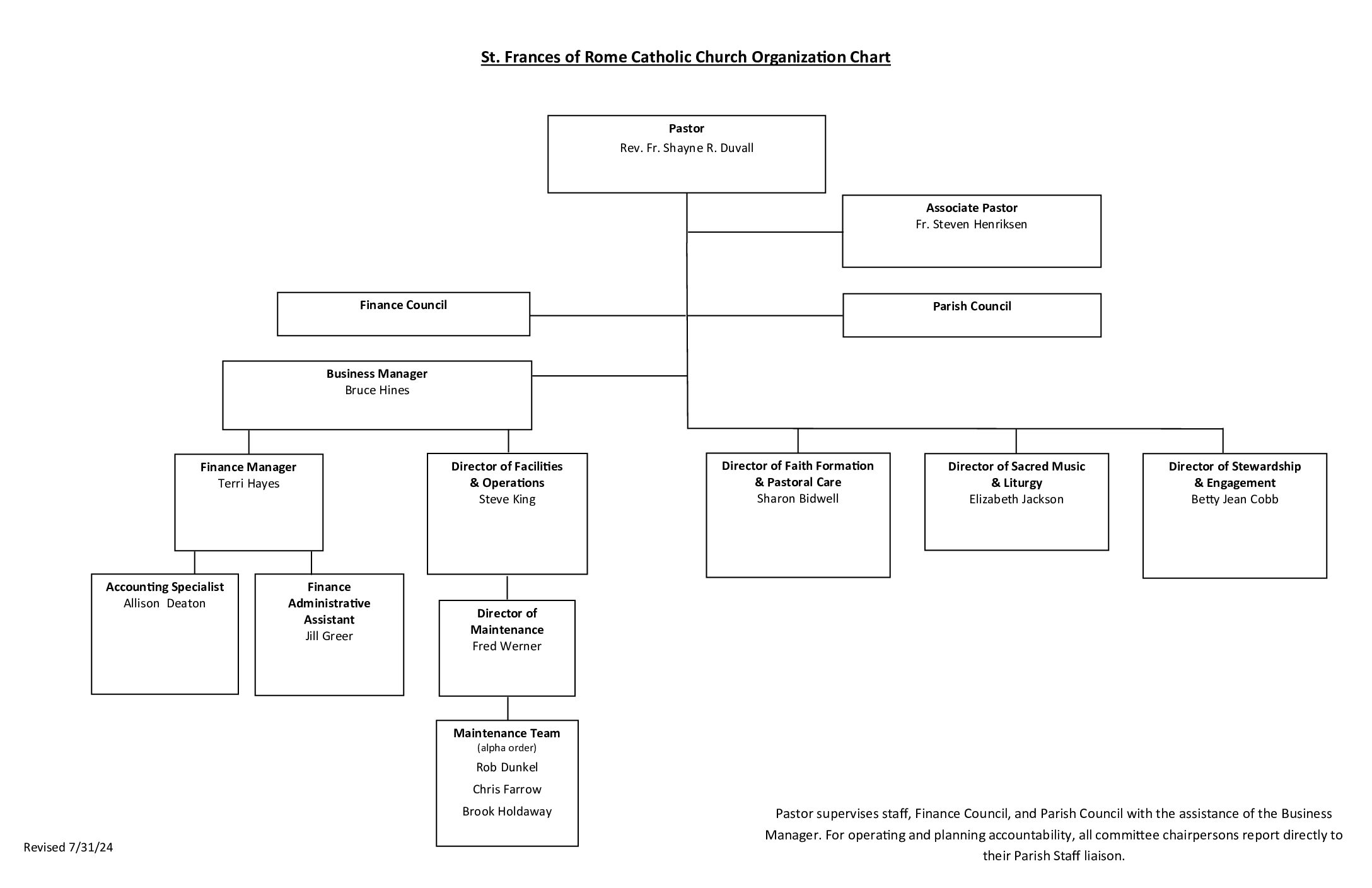
The Word of the Lord
After we gather together as a community (the first act where we experience the real presence of Christ) we are ready to hear the word of God. The LIturgy of the Word is the second place in the Mass where we experience the true presence of Christ. The Constitution on Liturgy from Vatican II states that Christ is really present in the proclamation of the Word because, “since it is he himself who speaks when the holy scriptures are read in the Church.”
This puts quite a responsibility on all of those who proclaim the Word, whether lectors, cantors or deacons (and in the absence of a deacon, priests.) It also places quite a responsibility on preachers, because it is in preaching that the Word is broken open and connected to the lives of those present, an act that Jesus himself engaged in in the gospels. But of course in all of this we rely on the action of the Spirit, both in those who proclaim the Scriptures and in those who hear.
As a preacher, one of the things I appreciate about the way the LIturgy of the Word is structured is that the readings for every day are appointed. On Sundays we follow a three year cycle, one year in which we read Matthew’s gospel, one for Mark and one for Luke. John’s gospel is read during the Easter season every year. That way we hear a great deal of the bible proclaimed during mass, and I am called to preach not what I think I need to preach, but what the Church calls upon me to preach.
After the Word is proclaimed and broken open, we have a response to that Word. Usually on Sundays that is the creed followed by the Universal Prayer. But it is also during this time that other sacraments and blessings are celebrated, for instance Confirmation, or the exchange of vows in Marriage or the installation and blessing of Eucharistic Ministers.
Nevertheless, the Liturgy of the Word always concludes with the work of prayer for the world in its need, the Universal Prayer. It is this that leads us into the next part of the mass, the Liturgy of the Eucharist.
-Fr Lou


